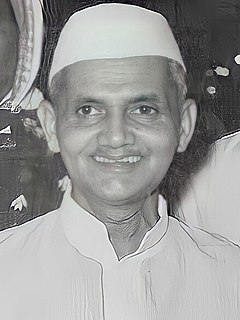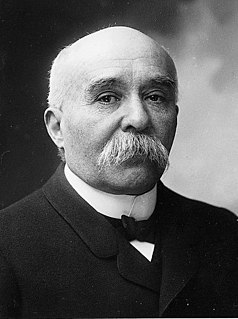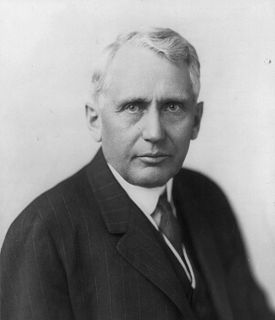A Quote by Albert Einstein
I believe serious progress (in the abolition of war) can be achieved only when men become organized on an international scale and refuse, as a body, to enter military or war service.
Related Quotes
I am making this statement as an act of wilful defiance of military authority, because I believe that the War is being deliberately prolonged by those who have the power to end it. I am a soldier, convinced that I am acting on behalf of soldiers. I believe that this War, on which I entered as a war of defence and liberation, has now become a war of aggression and conquest.
We don't want to impose our solutions by force, we want to create a democratic space. We don't see armed struggle in the classic sense of previous guerrilla wars, that is as the only way and the only all-powerful truth around which everything is organized. In a war, the decisive thing is not the military confrontation but the politics at stake in the confrontation. We didn't go to war to kill or be killed. We went to war in order to be heard.
It seems to me an utterly futile task to prescribe rules and limitations for the conduct of war. War is not a game; hence one cannot wage war by rules as one would in playing games. Our fight must be against war itself. The masses of people can most effectively fight the institution of war by establishing an organization for the absolute refusal of military service.
I know war as few other men now living know it, and nothing to me is more revolting. I have long advocated its complete abolition, as its very destructiveness on both friend and foe has rendered it useless as a means of settling international disputes... But once war is forced upon us, there is no other alternative than to apply every available means to bring it to a swift end.
Now, for the moment, we are safe. The only kind of international violence that worries most people in the developed countries is terrorism: from imminent heart attack to a bad case of hangnail in fifteen years flat. We are very lucky people--but we need to use the time we have been granted wisely, because total war is only sleeping. All the major states are still organized for war, and all that is needed for the world to slide back into a nuclear confrontation is a twist of the kaleidoscope that shifts international relations into a new pattern of rival alliances.
You have not been mistaken in supposing my views and feeling to be in favor of the abolition of war. Of my dispos[i]tion to maintain peace until its condition shall be made less tolerable than that of war itself, the world has had proofs, and more, perhaps, than it has approved. I hope it is practicable, by improving the mind and morals of society, to lessen the dispos[i]tion to war; but of its abolition I despair.



































